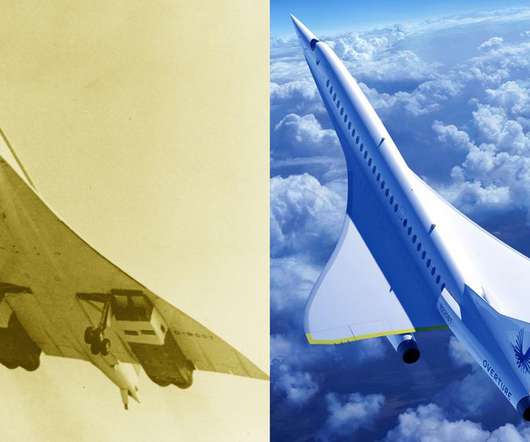Capstone Receives order for 34 microturbines for Denver RTD electric bus fleet
Green Car Congress
APRIL 8, 2013
Corporation has received an order for thirty-four liquid fuel C30 microturbines for use in DesignLine’s Eco Saver IV range extended electric buses. The buses are expected to be delivered to Denver Regional Transportation District (RTD) later this year. The new Denver RTD buses will operate on the 16 th Street Mall in downtown Denver.












Let's personalize your content